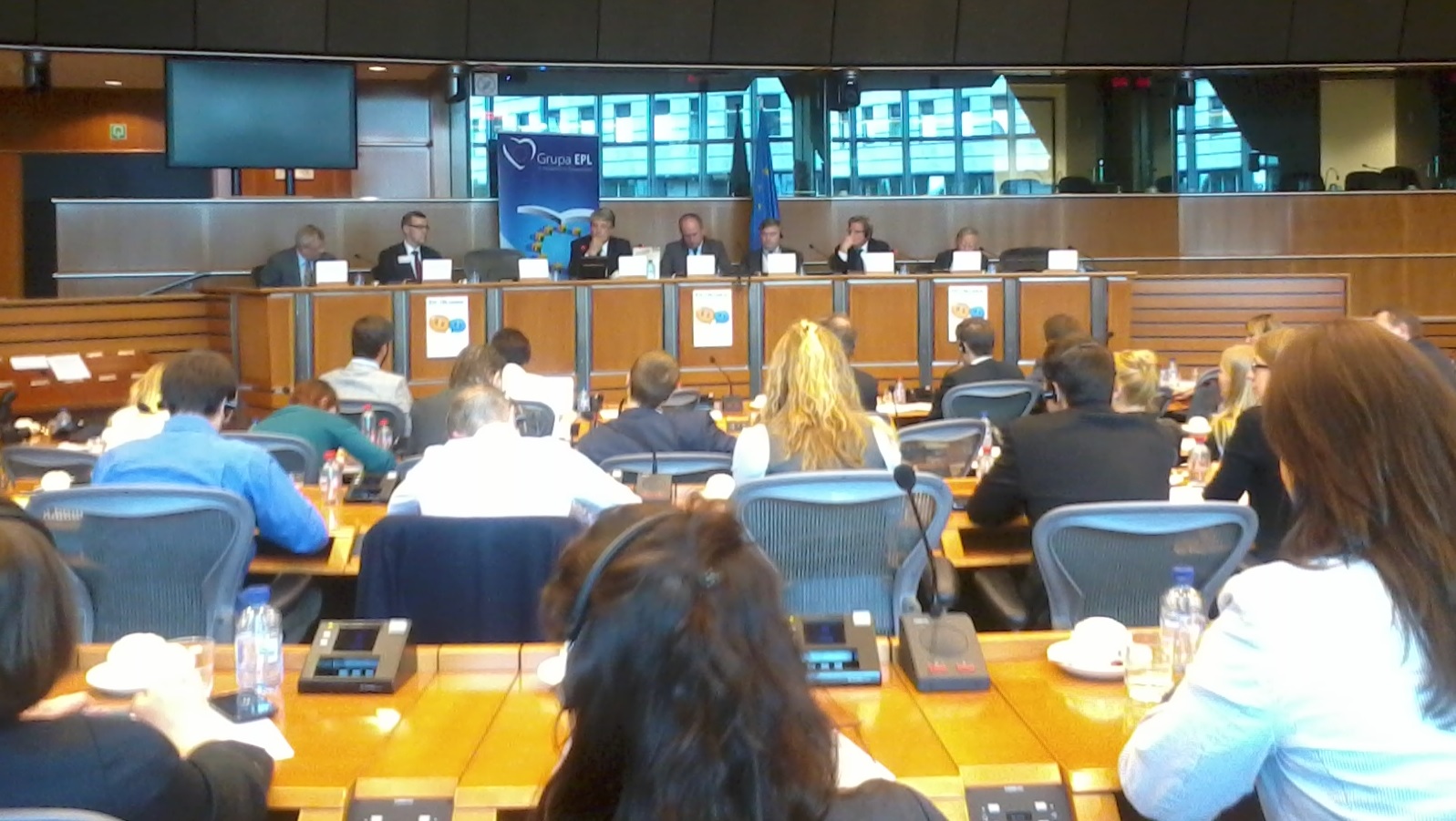|
IN THE SPOTLIGHT |
Eastern Partnership Civil Society Forum
|
|
EU-Ukraine: Time to walk the talk
A conference under this title was organised by the Yushchenko Foundation and the MEPs Paweł Zalewski and David Campbell Bannerman on 5 June 2013 at the European Parliament. The former President of Ukraine Victor Yushchenko, the Chief Operating Officer of the EEAS David O’Sullivan, the Deputy Foreign Minister of Lithuania and several other MEPs attended the conference moderated by the former French Minister of Foreign Affairs Bernard Kouchner. The meeting took stock of Ukraine’s progress in respect of judicial reforms and in particular the reform of the prosecutor’s office, the adoption of the new criminal code in line with the OCSE and Venice Commission’s recommendations, continued progress on the Visa Liberalisation roadmap, legislation of the protection of personal data, legislation prohibiting discrimination, and other reforms essential for the possible signing of the EU Ukraine Association agreement in November. David O'Sullivan, the chief operating officer of the European External Action Service, stressed that Brussels will not sign the EU-Ukraine Association Agreement (AA) including a Deep and Comprehensive Free Trade Agreement (DCFTA) “purely on geopolitical considerations”. “Tangible progress” by Kyiv is essential on three issues for the signature of the agreements – elections, selective justice and judicial reform. Ukraine recently obtained observer status to the Eurasian Economic Union by signing last week a Memorandum of Understanding. According to O’Sullivan, the EU understands Ukraine’s need to maintain good relations with all its neighbours, but does not want Kyiv “to make some kind of irreversible choice”. Viktor Yushchenko stated that the case of Yulia Timoshenko should be solved “only in the context of European integration”, as the EU is needed in order to solve the issue, which is both – political and legal – and therefore cannot be successfully tackled by the Ukrainian authorities alone. Lithuanian Deputy Foreign Affairs Minister Andrius Krivas, who spoke on behalf of the upcoming Lithuanian presidency, called signing the EU-Ukraine AA “realistic”. “If Ukraine consolidates its democratic choice beyond the point of no return, through the means of the conclusion of the Association Agreement, it would also create premises for Russia, our other great Eastern neighbour, to consider following the same path in terms of choosing the system of political and societal values”. The full speech of David O'Sullivan as delivered at the conference is available here. |
Project funded by the European Union
![]()








